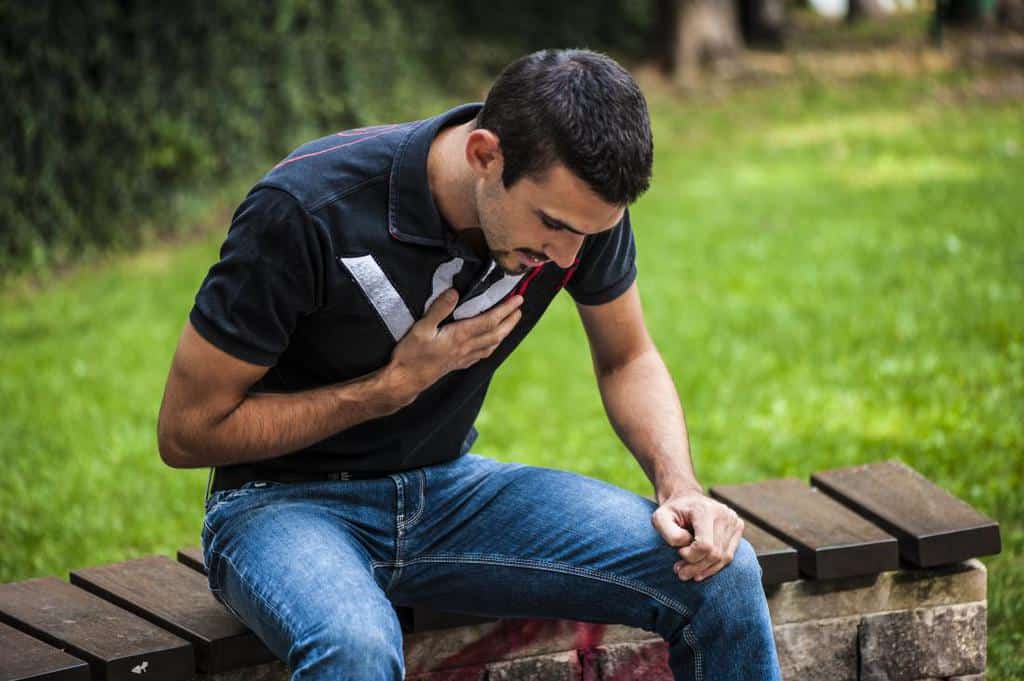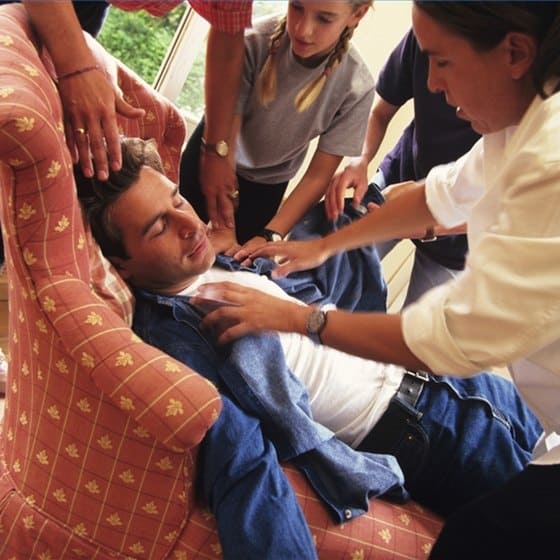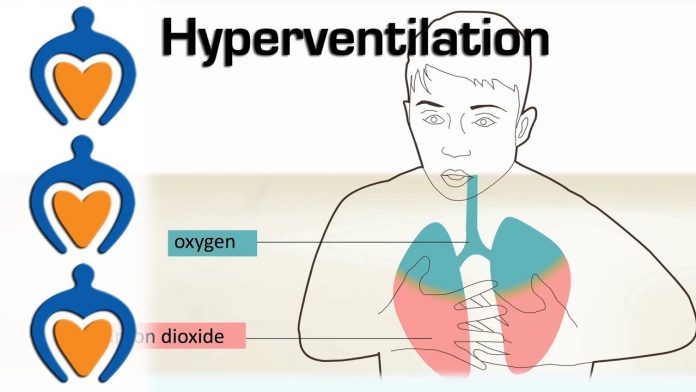Mental health conditions such as types of anxiety disorders may cause extreme distress to those affected as well as to friends and relatives.
Anxiety may manifest itself in a variety of different ways ranging from mild (sweating, dry mouth, increased urination) to severe (palpitations, fainting, panic attack). Another example of an anxiety-related symptom, that of hyperventilation, will now be explored.

- What is hyperventilation?
- Self-help tips for coping with hyperventilation
- How to help others cope with hyperventilation
What is hyperventilation?
An individual is described as hyperventilating when they are over-breathing as when one breathes too quickly taking shallow breaths this results in an imbalance of carbon dioxide and oxygen.

According to Carr (2008) hyperventilation is common to everyone as part of the fight or flight mechanism and usually occurs when one is either having to suddenly exert oneself or is under stress. In the short-term this is not problematic however if it lasts too long then distressing symptoms are likely to occur which include tingling, feeling unable to breathe properly and pins and needles.
Self-help Tips for Coping with Hyperventilation
The most important thing is to remember that though the symptoms such as feeling like one cannot breathe are very frightening they are not dangerous or harmful and are temporary. It can help to say out loud that it will pass and that everything will be fine again soon.

A useful item to carry around if one is experiencing frequent episodes of hyperventilation is simple a paper bag. When the over-breathing starts find somewhere to sit down and place the paper bag so it covers over both nose and mouth.

Next, as slowly as possible, take steady breaths in and out which will help calm and normalize breathing. Alternatively if unable to obtain a paper bag, taking deep breaths down through the abdomen will also work well.

Another key skills often covered within the framework of dialectical behaviour therapy is that of mindfulness – finding something outside of oneself to really focus on takes the mind away from the anxiety one may be experiencing.
How to Help Others Cope with Hyperventilation
It is useful if a partner, close friends or relatives are aware of what happens in hyperventilation so that they know that it is not harmful and how best to help.

It is important that those close to the person suffering from hyperventilation remain as calm as possible as if someone around one is panicking and getting all hot and bothered this will only make the individual even more anxious.
One of the best things one can do to help is to calmly, slowly talk the person through a simple breathing exercise as this will help both reassure and comfort them.

To conclude, hyperventilation is not something to be alarmed about despite its distressing symptoms. Breathing into a paper bag as well as learning some basic breathing or relaxation exercises will help to reduce the level of anxiety more quickly.


















